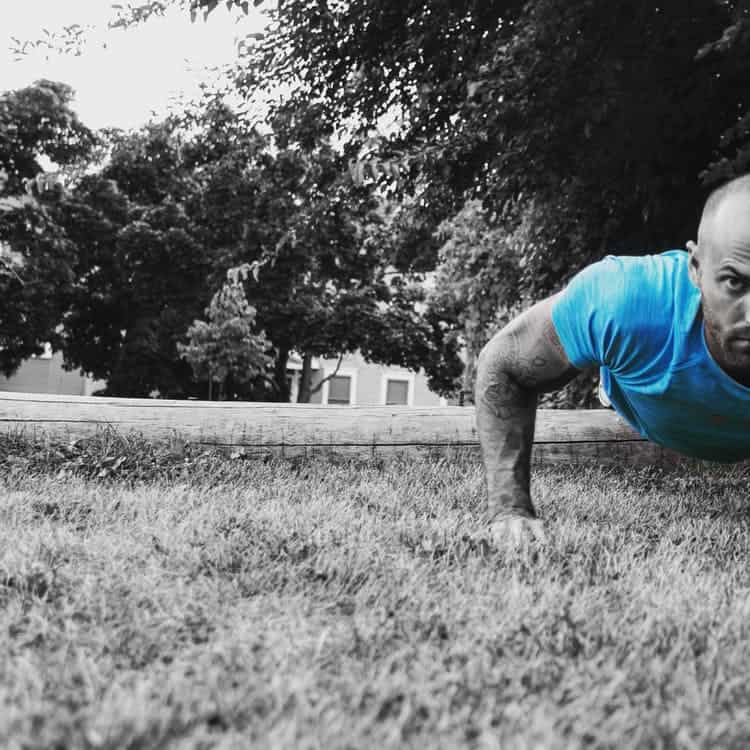Practice Makes Perfect … Maybe

Roger Federer, the great tennis player, was not always the Roger Federer we know today. In his early competition years he was known to make unforced errors and throw tantrums at his own mistakes.
As he tells it, he had a natural affinity for tennis. Many complicated decisions and techniques came easy to him, and as such he thought he could see a great shot by another player and immediately recreate it. When that didn’t happen, he lost his temper.
Eventually he realized that he needed the guidance to focus his practice. And to control his temper. Roger Federer, the greatest male tennis player of all time, still has a tennis coach today guiding his practice; even after all of his accomplishments.
Repetition does not make perfect
The limitation of the “practice makes perfect” mantra is that it encourages continuous repetition of a task or activity. When we perform the same activity over and over again, our brains eventually turn that activity into a habit, and our works becomes a rote repetition. It is an almost mindless action with which we are too familiar to examine properly.
Practice does not make perfect if your practice is no good.
The theory of deliberate practice
“Deliberate Practice” is what can lead to perfection. There are various elements to deliberate practice that make it work.
One is systems. Deliberate practice is a systematic effort, scheduled, and with specific inputs done in a particular way. It happens regularly and has a process as to how it takes place.
Another is focus. There is a goal and intention, with deliberate practice. It is always a goal for improvement, and it is explicit and stated.
It also requires a form of feedback. Consider that Federer’s coaches are not as accomplished in the game of tennis as he is. What they are, is focused on his areas for improvement, and they measure and give feedback on those areas specifically.
Practice in business
This is a blog about business strategy, so where does this all tie together?
Your business is no different. You can not continuously perform the same tasks – whether in marketing, hiring practices, sales plans, customer service, etc. – without examining the outcomes and noticing required changes.
Your business must also be continuously improving, preparing for changing environments, different clients, new competitors and just generally getting better at what you do.
Be systematic in your own practice.
Perform regular after-action reviews. Consider the outcomes of your activities: are they what you were hoping for, expecting even? If not, are the outcomes better or worse than expected? What caused the change? Is it something you can control in the future?
Remember to always be learning from your experience.
Use your guides
Build your dream team. Know who the best sort of guide is for you: if you are working towards a promotion or self-advancement, consider a mentor; if you are trying to change behavioral traits and habits, then speak with a coach in the relevant field; if you want a systematic improvement of your business and performance, then a consultant can probably help.